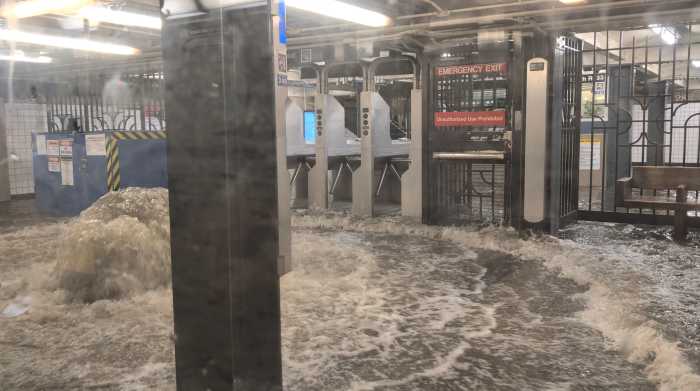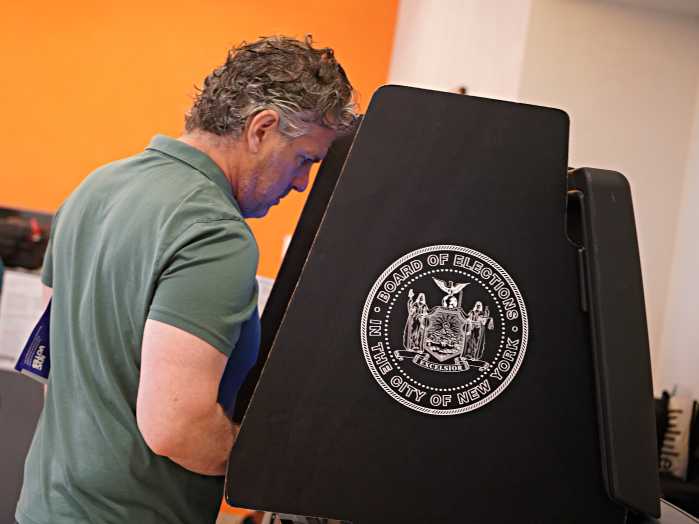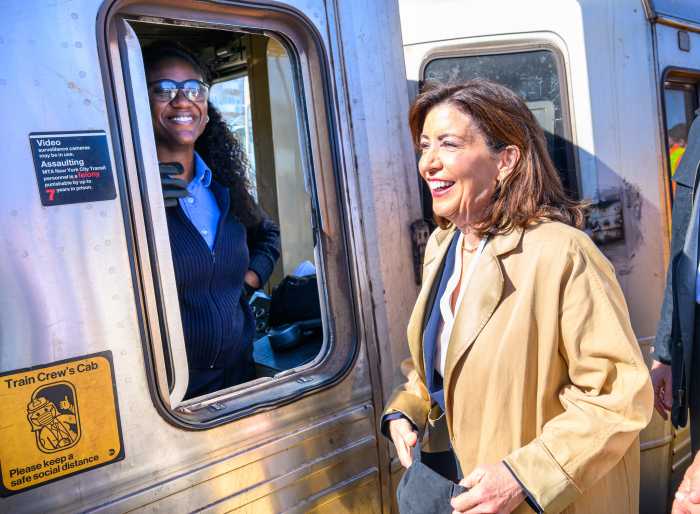When the governor and mayor agree, it’s usually good news and often jumpstarts a worthy project. Every rule has an exception.
Last week, Governor Eliot Spitzer agreed with Mayor Mike Bloomberg and City Council Speaker Christine Quinn, and backed off his push to sell land just north of the Javits Convention Center. Although the trio made the right decision, an unintended consequence is that, once again, delays and funding shortfalls are threatening Hudson River Park.
The mayor and Council speaker didn’t want to forever close off the possibility of expanding Javits, which is tiny compared to other cities’ convention centers. It doesn’t make sense to make a permanent decision and sale now with a recession looming, when the only plus is temporary state budget relief.
Spitzer was planning to use $20 million from the Javits sale to continue building Hudson River Park’s Tribeca and Chelsea sections. The city has already committed to match the $20 million allocation.
The Hudson River Park Trust is clearly worried about the funding linkage and sees more construction delay. Julie Menin, Community Board 1’s chairperson, wrote Spitzer, pointing out the threat posed to the park immediately after she spoke with Connie Fishman, the Trust’s president. The Trust’s spokesperson told us the opening of the Tribeca and Chelsea sections could be pushed back a year, until 2011 and 2010, respectively, without state funding. Assuming a best-case scenario of no additional delays, the new timeline would mean Tribeca’s beloved Pier 25 would open six years after it closed ostensibly for three years.
Spitzer needs to allocate the state’s contribution to the park without delay. We understand the state must make tough choices in this austere fiscal climate; but the park is a smart investment from an economic-development, dollar-and-cents sense. The park has raised property values and tax rolls all along the Lower West Side waterfront, and that trend will continue as more of the park is built. It keeps more people and corporations in the city.
Delays cost money as construction costs rise. A few years ago, Bloomberg aides held up approving money for the Tribeca section while arguing with aides for Spitzer’s predecessor, George Pataki. The fight was over how best to spend about $1 billion in post-9/11 recovery money controlled by the Lower Manhattan Development Corporation. Had the city agreed sooner to earmark $70 million of these federal funds for the park, building the Tribeca section might not have needed state or city money. It certainly would have needed less.
Assembly Speaker Sheldon Silver’s Office assures us Silver will fight hard for the park money in this year’s budget. That will be very helpful, but Silver has to deal with the State Senate and may not be able to prevent delays, since the Trust must look for contractors soon.
Apparently, this allocation is not the state’s top priority, but it is a relatively low-cost issue and it’s vitally important to the park. Find the $20 million now, governor.




































